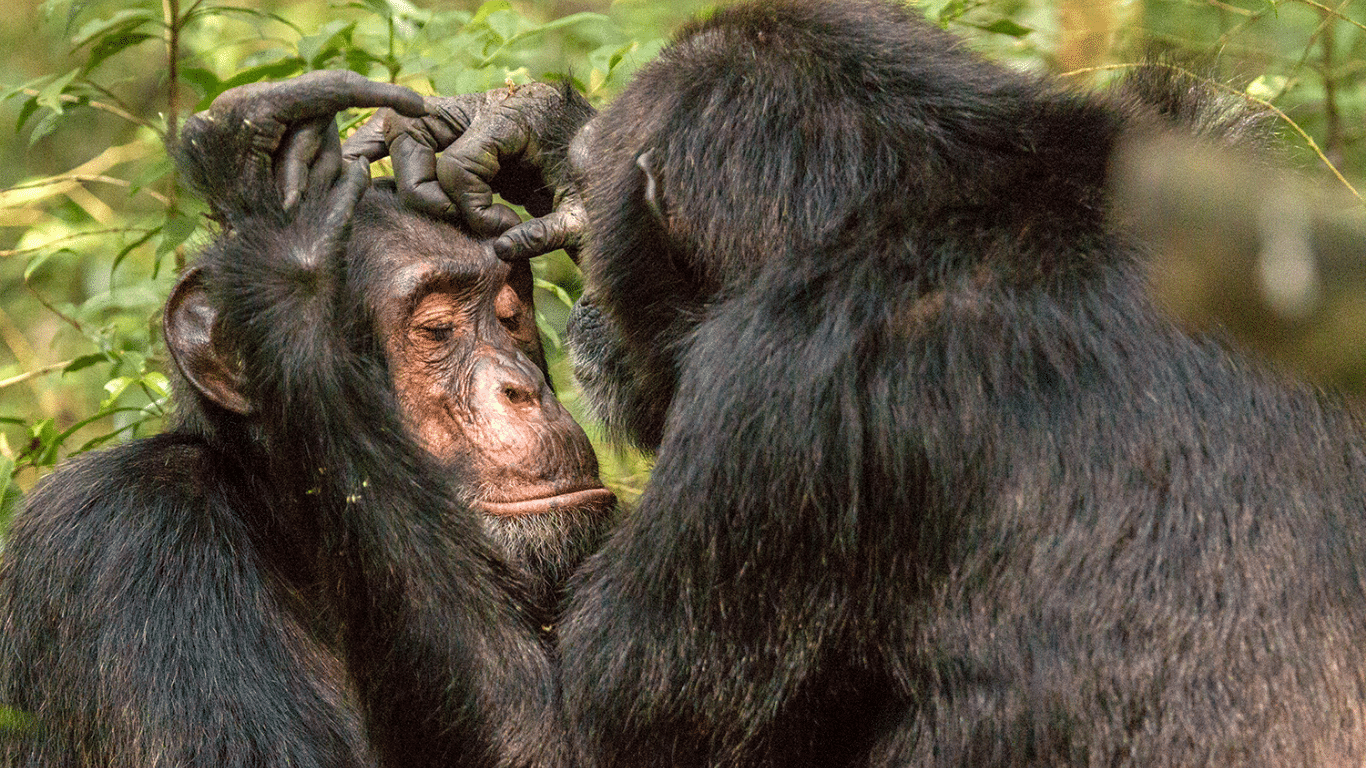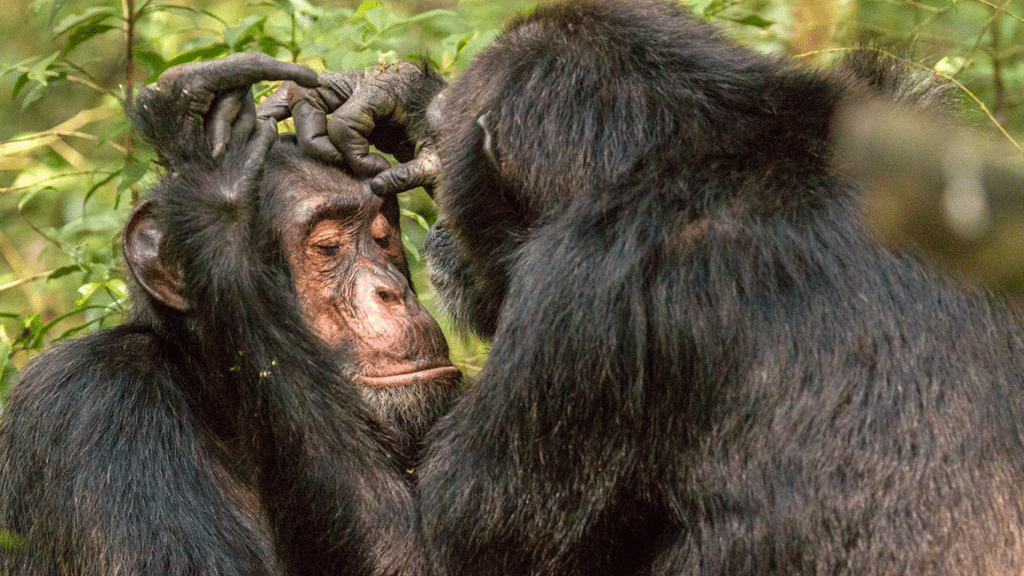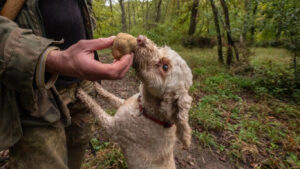A group of wild chimpanzees has been observed treating wounds of their own and others by applying crushed insects to the injury site.
According to a recent study published in the journal Current Biology, the chimpanzees caught an insect, immobilized it between their lips, placed it to an exposed surface of the wound and moved the insect on the surface using their fingertips or lips before removing it.
Self-medication using natural substances and materials is not uncommon in animals. However, this practice is more often associated with the ingestion and anointing of plants. The transition to crushed insects is just one of the pioneering behaviors exhibited by the incredible Rekambo chimpanzee community.
Found in Loango National Park in the West African nation of Gabon, these chimps are also the first animals (besides humans) to be seen treating the wounds of another individual.
A German research team first observed this unique behavior in November 2019, when an adult female chimpanzee named Suzee tended to her offspring’s wounded foot. As of February 2021, the scientists have witnessed an additional 19 instances of the chimpanzees administering the same treatment to themselves, as well as two instances of one or more chimps treating another community member.
This is a significant development in the ongoing scientific debate over prosocial behavioral tendencies in animals. Given that the helper chimps have nothing to gain from such an act, can we really continue to label empathy and the selfless tending to others’ pain as exclusively “human” traits?
The type of insect being sourced and used by the chimpanzees as their very own “medicine” is currently unknown. Researchers will need to conduct further research so that the insects may be both identified and analyzed for potential anti-inflammatory properties.
Banner image: People.com/Getty Images




